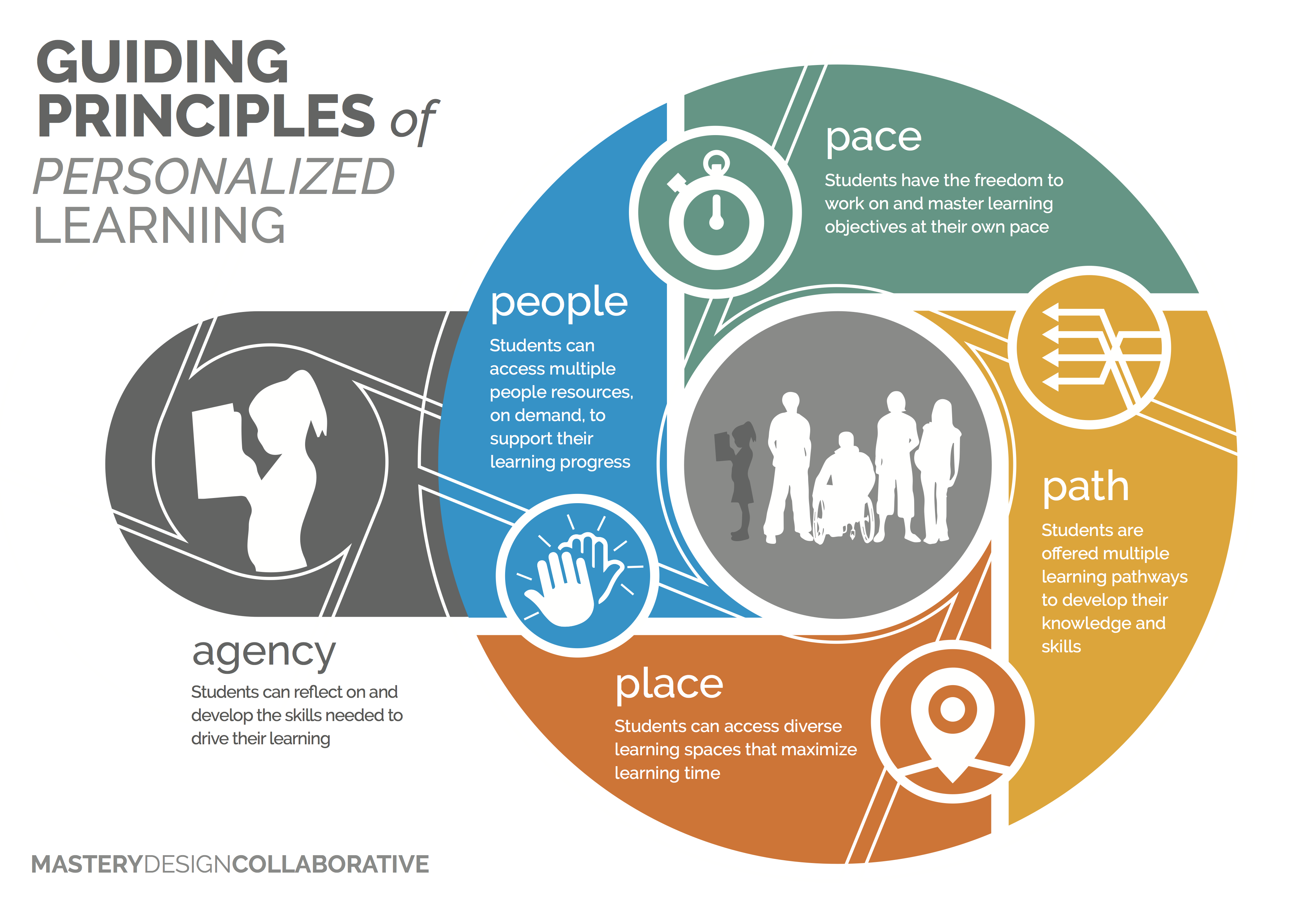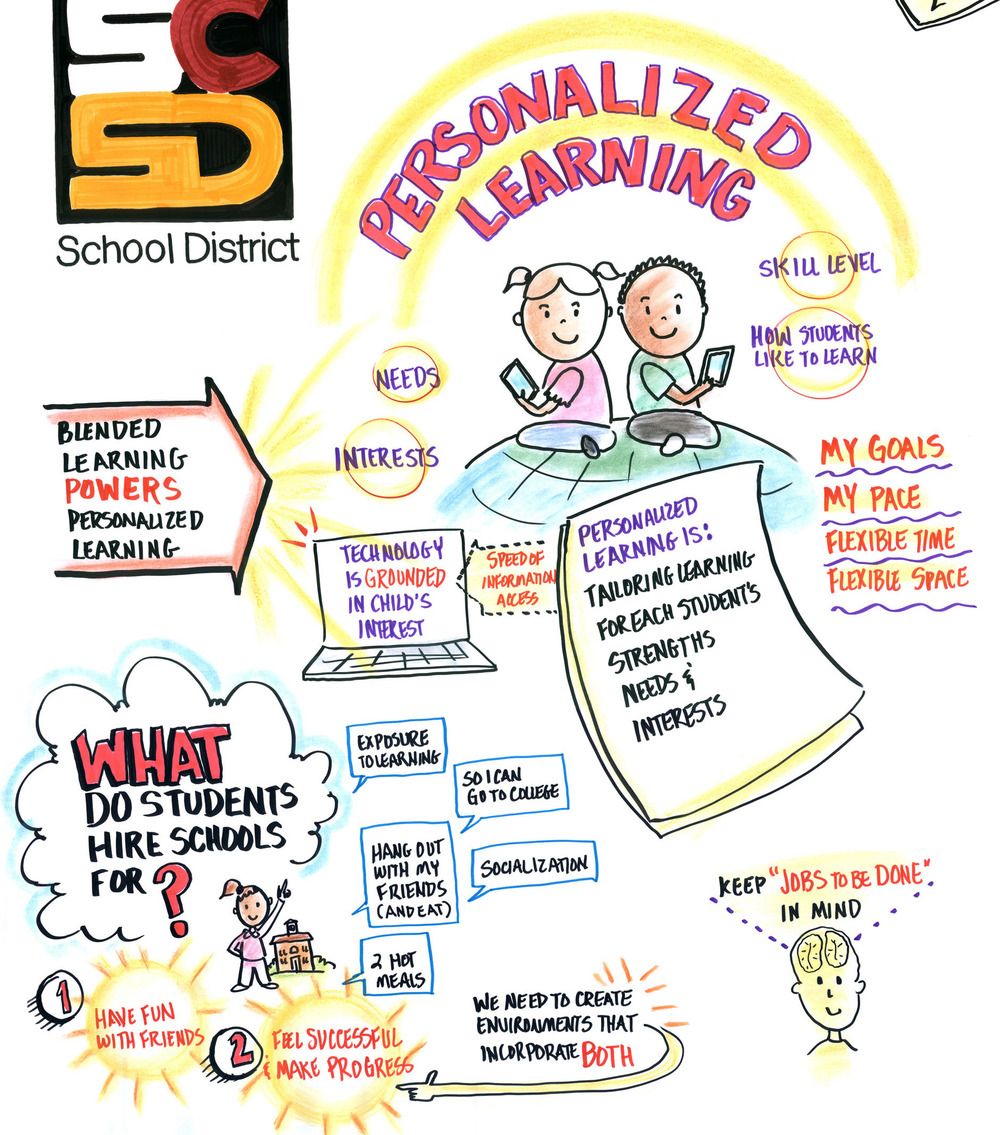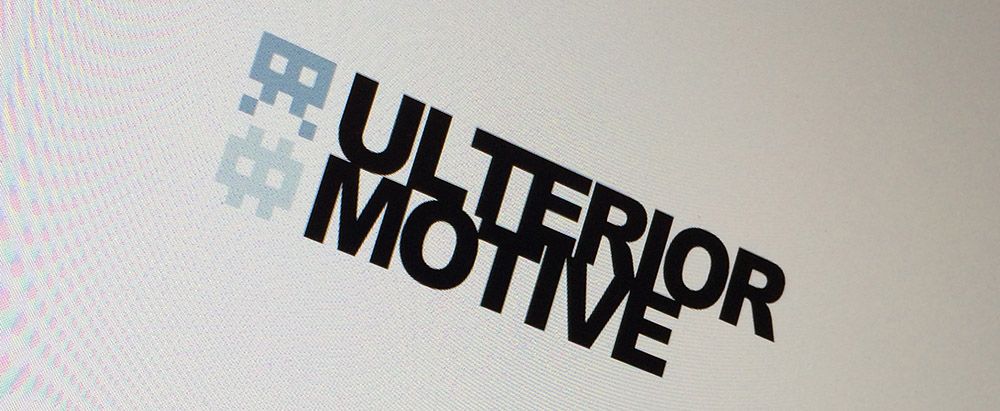The interplay between globalization and technology : The good, the bad, the ugly.
Technology as an agent of globalization
Part I: Education
If Americans are to continue to prosper and to exercise leadership in this new global context, it is imperative that we understand the new global forces that we have both shaped and had thrust upon us. The alternative is to be at their mercy.
— Edward Fiske (Editor, Guides to college).
If Americans are to continue to prosper and to exercise leadership in this new global context, it is imperative that we understand the new global forces that we have both shaped and had thrust upon us. The alternative is to be at their mercy.
— Edward Fiske (Editor, Guides to college).
From almost everywhere came a sense of the power of globalization, whether driven by technology, economics or politics. Globalization could be frightening, stimulating, overwhelming, destructive or creative. Lucidly, globalization – humanity deepest fear over the last decade — has been through several debates, some it has won but many it has lost. The sociological impact of globalization for the common man include job loss, large spread of insecurities and instability, loss of cultural values and identity, and in-migration and out-migration.
Globalization is a process of global economic, political and cultural integration majorly characterized by movement of goods, capital, services, people, technology, and information. Seeing globalization from multiple perspectives helps us understand how it had affected people’s lives; what hopes, fears and concerns it had aroused; what comes next after globalization, and what should be taken to expand its opportunities and reduce its insecurities.
In the following series of posts, I would explore some of the aforementioned across various areas technology acts as a frontier and driving global change.
Reinventing Education
The nature and complexity of the forces involved in globalization are chaotic. This behavior has led almost every discussion of its impact upon education to raise fundamental issues and a matter of considerable debate. The effects of the interplay between technology and globalization in education have been at the two edges.
The good
At the World Economic Forum — Davos 2017, Ginni Rometty (CEO at IBM) pointed out the efforts IBM has championed in partnership with local companies in both developed and developing nations. In 1994, IBM, in it almost unusual way, revolutionized the traditional corporate philanthropy space by announcing an investment plan in education.
IBM aims to invest a huge chunk of its charitable dollars in a unique grant program called Reinventing Education. A grant program supporting entities with interest in providing rigorous academics and career-relevant curricula for the next generation of workers. Also included in its roadmap is the now acclaimed IBM's national innovation strategy to transform K-12 public education in the US through new solutions developed by IBM engineers and consultants using information technology.
Considering perspectives, nothing could be more personalized, more intimate and local, than the educational process by which we acquire and learn valuable skills our immediate society values in consideration of a gainful employment. Emerging technologies provides valuable platforms that are solving critical and fundamental problems in education.
One of such class of admirable innovations is personalized learning. Personalized learning or personalization, refers to a diverse variety of educational programs, learning experiences, instructional approaches, and academic support strategies that are intended to address the distinct learning needs, interests, aspirations, or cultural backgrounds of individual students.
The combined reports, where you have the advances in general personalized learning and also the technical tools, that's really going to be powerful in the next four or five years," says Vicki Phillips, director of education for the Gates Foundation.
As the norms, almost all emerging technological innovations are touted to bring beyond critical gains, personalized learning seems not to be an anomaly. It provides learners with the possibility of learning at their own pace with structure and support in challenging areas whilst learning aligns with interests, needs, and skills, and it takes place in an engaging environment where students gain a better understanding of their strengths.
Learners are able to monitor their progress with less competition thus promoting adequate understanding of fundamental concepts in areas of interest. Personalized learning is of immense important, most notably, the opportunities it opens up for learners with disabilities.
Over the course of a year, NCLD gathered top special education and personalized learning experts from across the country – including educators, advocates, researchers, state and district leaders, school leaders, and parents of children with disabilities – and engaged them in discussions to learn and explore ways to ensure that personalized learning systems integrate and benefit students with disabilities. NCLD also conducted one-on-one expert interviews and participated in site visits to schools using personalized learning.
— The National Center for Learning Disabilities
With high hopes and continuous improve iteration of emerging technologies in personalized learning and improved engagement, we bridge another knowledge divide by via the gains of technology.
The bad
Technology provides an avenue to disseminate insane amount of information, thus, helping to bridge the knowledge disparity across the globe. This, it is achieving with appreciable success, however, the end achievements of technology in personalized learning may be corruptive. Like IBM, companies, agencies and government have been actively promoting the use of technology and computing integration through curriculum reform and funding policies around the world as the way to facilitate equity and globalize education opportunities.
Evidently, technology provides interesting outcomes in learning. With the use of technology in middle-income countries, one would expect that societies will be rewarded and better education opportunities through globalization, leading to improved economies, are bound to follow. However, the complexities and interplay of various agents of globalization show that the truth of all this depends on the societal values and upon whose values globalization is based.
Through the course of history, education has been reinvented. Before the institution of public education, the elites were educated by highly trained tutors ditching out lessons in a personalized manner. In education, learning has been the main goal without a focus on what should be learned in consideration of societal requirements. We chose, as a principle, educate minds of the capacities and talents of the individual as deemed 20 years backward, by maintaining learning curriculums that are out of sync with the current societal needs or job need.
In a different class context, for less privileged students either from rural or disadvantage societies, education was also a personal affair,, governed by trusts and philanthropies, families, local communities and government. However, the availability of personalized learning platforms has brought about acquiring set of skills that are beyond the market needs. Thus, fitting into a community, whether a local or national culture and way of life, can be seen as the educational imperative cutting across these contexts.
The ugly
The very notion of globalization through technology is creating a divide between not only those lucky few who have the technology and those who have not, but also between those who hold Western values and wish to perpetuate hegemony and those who have other value systems.
-Louise Harris (Renowned education researcher, University of Southern Queensland, Australia )
Although, technology provides amazing learning tools through sophisticated Massive Open Online Courses (MOOC) platform from top researchers and teachers, however in these learning tool are value propositions either explicitly or implicitly that are not in tandem with the user’s societal values.
For instance, in early December, 2014, MIT announced that it had determined that the infamous Professor of Physics — Walter Lewin, engaged in online sexual harassment of an online MITx learner in violation of MIT's policies. Inside Higher Ed reported that this learner was one of many (at least 10) female students to whom Lewin had sent inappropriate messages. The alleged victim, who said that she came forward to ensure the case is not forgotten, asserted that Lewin pushed her to participate in sexual role-playing.
As a consequence of its internal investigation, MIT revoked Lewin's professor emeritus title and indefinitely removed his lectures from the institute's online learning platforms. Although, Lewin’s behavior is arguably seen as not inappropriate in some societies, or mildly inappropriate, the behavior of Lewin is a threat to the survival and preservation of the existence of some values in certain societies. Especially, societies who with heavier punishment for sexual harassment.
If technology as a globalization agent will achieve a positive purpose in education, then the content and methods used can determine whether the potential for higher order thinking, while being viable, can be actualized. In the words of Priscilla Berry:
This actualization must come through the structure and use of an ethical core in teaching, with an understanding that technology has the power to both advance innovation and collaboration and admirable learning or mislead and distort values by creating a chain of unwanted disruption, and it is our responsibility, as a whole, to foster the realization of the power of technology as a positive agent of globalization in advancing educational goals.
In all, globalization can only be considered as an opportunity for equality when critical pedagogy is employed ensuring the curriculum content, appropriate learning is relevant to all involved.
Share Your Thoughts
You've got thoughts on how technology serves as an agent of globalization in education?
Please do comment below, I am eager to hear from you.



Source: https://www.cluteinstitute.com/ojs/index.php/AJBE/article/view/7483
Source: https://www.scribd.com/document/305647807/Impact-of-Globalization
Not indicating that the content you copy/paste is not your original work could be seen as plagiarism.
Some tips to share content and add value:
Repeated plagiarized posts are considered spam. Spam is discouraged by the community, and may result in action from the cheetah bot.
Creative Commons: If you are posting content under a Creative Commons license, please attribute and link according to the specific license. If you are posting content under CC0 or Public Domain please consider noting that at the end of your post.
If you are actually the original author, please do reply to let us know!
Thank You!
https://www.cluteinstitute.com/ojs/index.php/AJBE/article/view/7483

http://edf.stanford.edu/readings/globalization-education-through-technology-valid-whose-terms

@steemcleaners There were appropriate references to the article in question. I lost the markdown tag while transferring my writeup back and forth between the steemit editor and grammarly. However, I provided appropriate reference in the article. See reference 1 for example. I have also added the reference for the other article which was omitted for similar reason. I've have corrected both by putting the markdown tag for quotations. Thank you.
Even with references you cannot copy text word for word and use it as your own. Those sections were not quoted. That means you are claiming them as your words when they are clearly not.
Yes, obviously! However, what I am saying is that I didn't intend not to put those words in quote. I did for the others as you can see. I lost the markdown tag while copying back and forth from the grammarly editor to the editor here of which I never did notice even when I contacted you via steem.chat. But it's all good, it's a silly oversight and its bygone. Thanks
I think that technology really helps for us to be educated, even though many mature people say that the new generation is actually stupid!
Thanks for sharing this great post, @qoma!
I Upvoted & Followed you as well!
Thank you for the response, @lazariko12 .
Absolutely, I agree. I believe the actual problem resides in the way the younger generation uses technology. It's quite different from the way the older generation believes technology should be used. Obviously, the older generation are mostly conservatives, they prefer the status quo. However, technology is based on innovation and disruption which is engrained in the younger generation.
I believe this disparity is quite evident and accounts for the concern you talked about.
Truth!